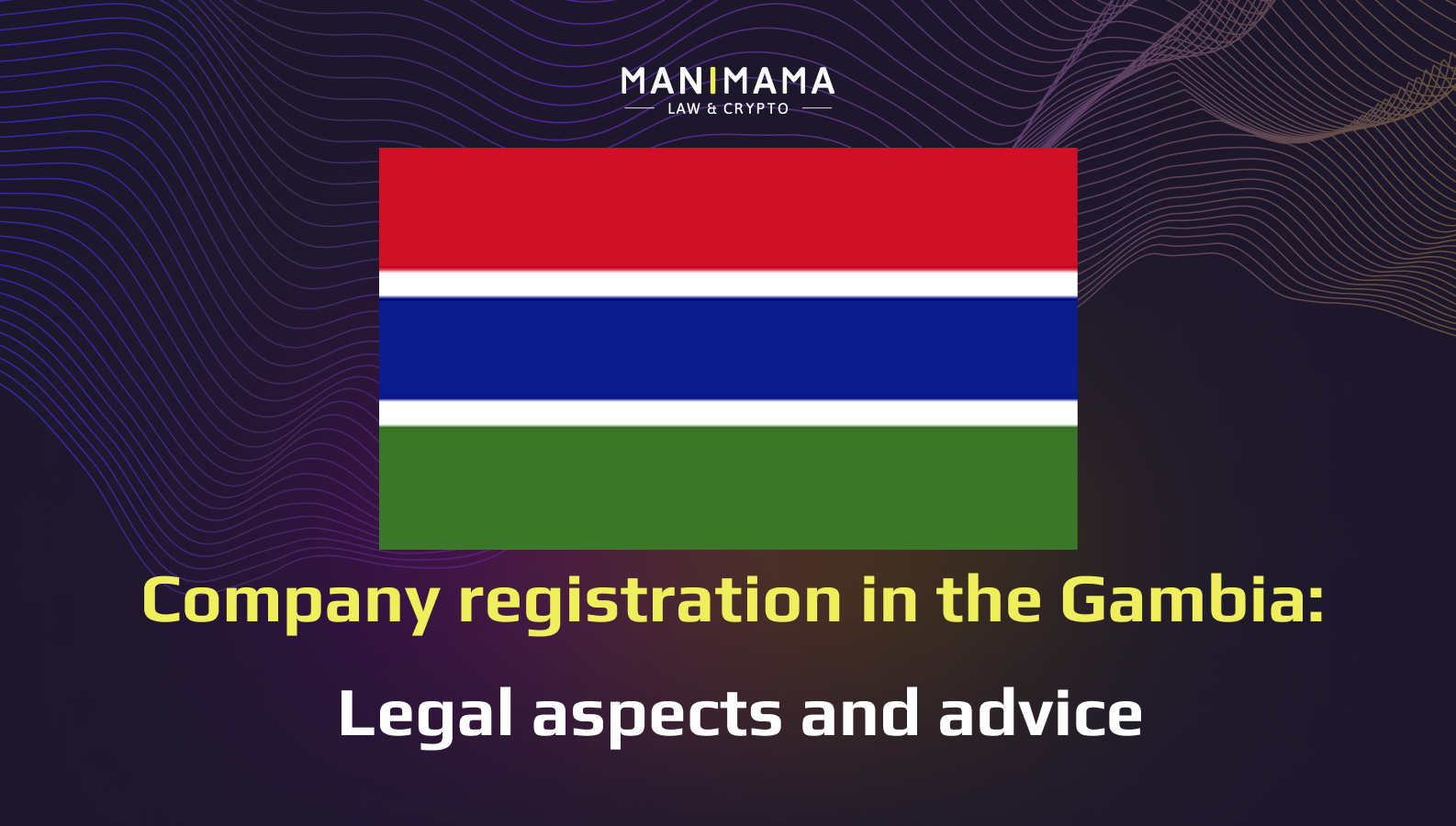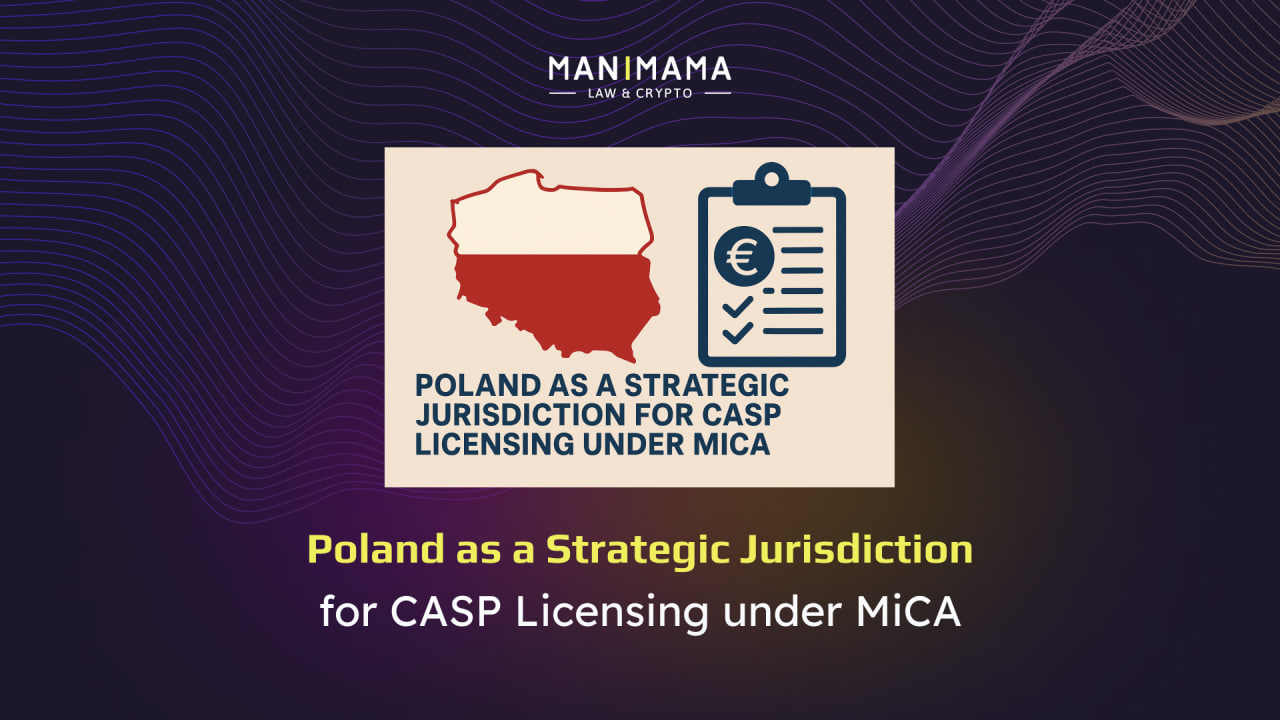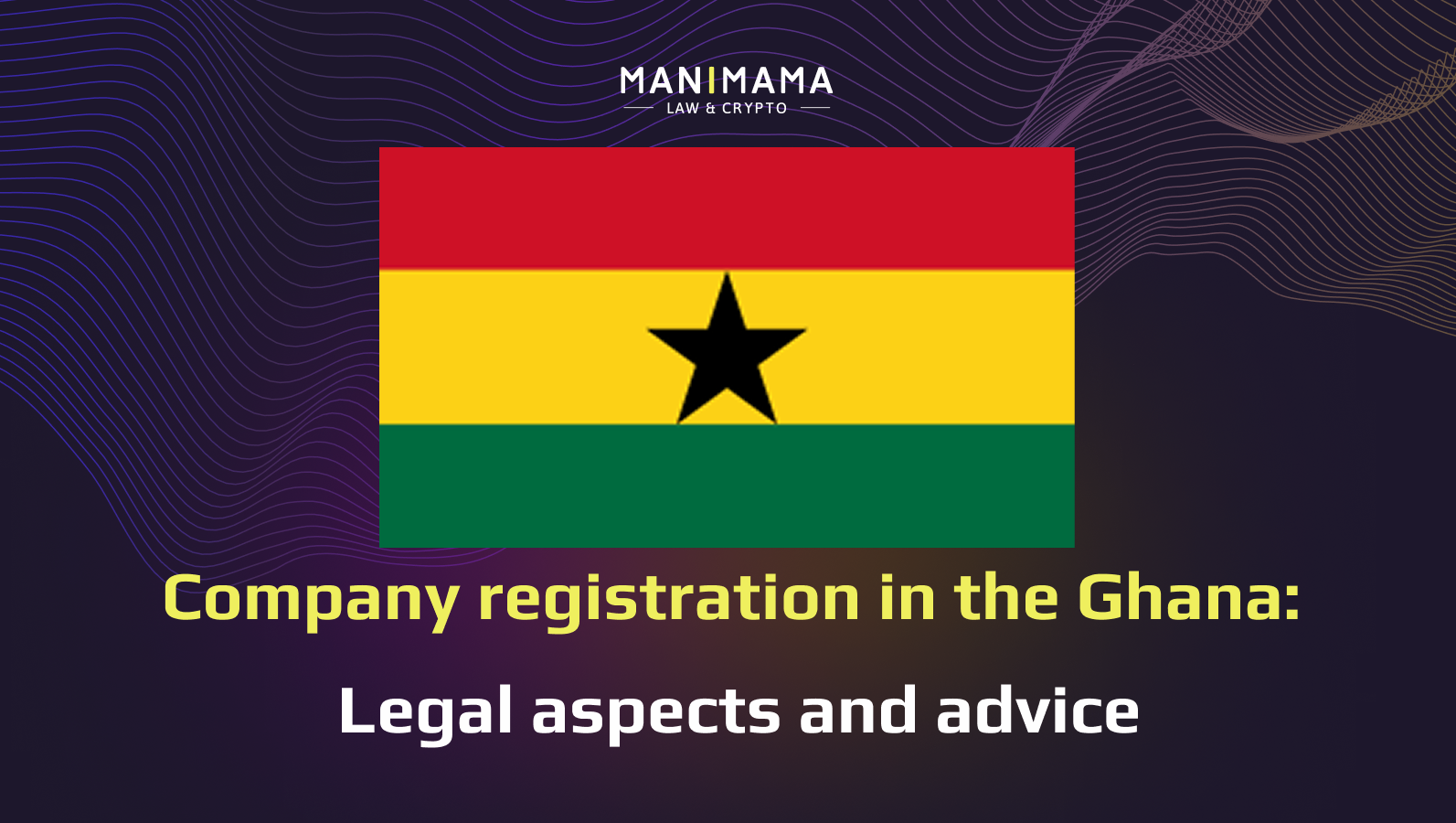If you plan to start a business in Africa, the Gambia is a good choice for registering your company. The Manimama Law Firm has conducted in-depth research, analyzed the main subtleties of incorporating in the Gambia, and is ready to share its results and help you choose the right jurisdiction.
What are the main advantages of incorporating a company (business) in the Gambia?
- Promising Geographical Location in West Africa
The Gambia enjoys a prime geographic position along the Atlantic Ocean coast, offering easy access to regional and international markets. This makes it a convenient logistical hub for companies expanding their operations in West Africa. Its proximity to countries like Senegal, Guinea-Bissau, and Mali further enhances opportunities for cross-border trade.
- Political Stability and a Safe Environment for Investment
In recent years, The Gambia has made notable strides toward democratization, increasing investor confidence. Political stability, respect for the rule of law, and the government’s commitment to an open economy create a favorable environment for doing business.
- Investor-Friendly Climate and Tax Incentives
The Gambian government actively promotes foreign investment through various tax incentives, including reduced corporate tax rates, exemptions on import duties for equipment, and other benefits. Special Economic Zones offer additional advantages, particularly for manufacturing and export-oriented businesses.
- Simple and Accessible Business Registration Process
The Companies Act of 2013 established a streamlined and efficient framework for setting up a business in The Gambia. Registration requires minimal capital and costs, and many processes have been digitized. Foreign investors can own 100% of their businesses in most sectors, with no obligation to partner with local stakeholders.
- Low Cost of Doing Business
The cost of rent, labor, utilities, and administrative fees in The Gambia is significantly lower than in many other African nations. This creates ideal conditions for startups and small businesses aiming to maximize resource efficiency. Lower operational costs allow companies to reach profitability faster, even during early-stage development.
- English-Speaking Environment
As an English-speaking country with a young and growing population, The Gambia offers a key advantage for businesses targeting international clients. The availability of workers with basic skills—especially in services, agribusiness, and tourism—enables companies to build effective teams with minimal training costs.
How to register a company in the Gambia and what are the main requirements for such registration?
Step 1. Initial setup
- Initiating a preliminary project assessment, assessing risks, choosing the type of company, preparing the necessary documents and obtaining the necessary permits, determining the time frame, budget, and resources required to complete the process.
- Preparation and filing of the package of documents.
Step 2. Company registration
- Choosing a company name;
- Preparation and notarisation of company documents;
- Payment of stamp duty and deposit of corporate tax;
- Getting a tax number (TIN);
- Registration at the Gambia Commercial Registry;
- Obtaining the necessary licenses;
- Social security registration of employees.
Requirements for registering a company in the Gambia on the example of a Private Liability Company (PLC):
- Shareholders: at least one shareholder (can be any nationality and can reside anywhere in the world).
- Director: at least one director (can be any nationality and can reside anywhere in the world).
- Secretary: companies must designate a secretary, who need not necessarily be an employee. Note that a sole director or an employee of a corporation who is a sole director cannot act as a secretary.
- Auditor: еach company must engage an auditor who must either be a member of a United Kingdom Accounting body recognised by the Ministry of Finance and Economic Affairs or approved by the Minister. The auditor must not be directly affiliated with the company, ensuring independence in financial scrutiny.
- Minimum share capital: no restriction is placed on the minimum or maximum share capital of a company.
- Legal address: every company must maintain a registered office in The Gambia, serving as the official address for all communications and notices.
- Liability: the liability of members is limited to the extent of their contribution to the capital.
- Accounting: сompanies can adopt various accounting systems, provided they offer an accurate and fair view of the finances. If these books are kept within The Gambia, returns disclosing the business’s financial position must be submitted to the Registrar General every six months.
What do you have to know about taxes when registering a company in the Gambia?
Corporate income tax (CIT):
- All companies, partnerships or bodies of trust operating in The Gambia are liable to pay CIT. Those incorporated and or controlled in the country are resident companies and are therefore liable to pay CIT on all incomes. Non-resident companies, partnerships or bodies of trust are liable to pay tax only on The Gambian-sourced income.
- The CIT rate is the higher of 27% of net profit, or 1% of turnover on audited accounts (or 2% of turnover for unaudited accounts).
Personal income tax (PIT):
- All individuals engaged in economic or income generating activities in The Gambia are required to be registered and pay PIT.
- The PIT rate is 30%.
Value-added tax (VAT):
- The standard VAT rate is 15%. This rate is applied to all goods and services unless they are specifically exempted. 0% is applied to exports of goods and services.
- All businesses with taxable supplies of at least D2, 000, 000 (~€26,300) in a tax year are required to compulsorily register and charge VAT. In addition, businesses with taxable supplies of D1, 000, 000 (~€13,150) and above in a tax year may voluntarily register.
For readers
Manimama provides assistance in choosing the right jurisdiction for company incorporation and in registering a business specifically in Gambia. We have a good understanding of the tax and legal peculiarities of specific jurisdictions, which helps our clients make an informed choice based on their unique needs and development strategies. In our work, we take into account factors affecting the business environment, such as the level of competition, access to financial and human resources, as well as opportunities for further growth and development in different jurisdictions.
By choosing our company formation service in Gambia, you are working with a law firm that values integrity, competence, and client satisfaction. Let us help you set up a company in Gambia and pave the way for your business success!
Our contacts
If you want to become our client or partner, feel free to contact us at support@manimama.eu.
Or use our telegram @ManimamaBot and we will respond to your inquiry.
We also invite you to visit our website: https://manimama.eu/.
Join our Telegram to receive news in a convenient way: Manimama Legal Channel.
Manimama Law Firm provides a gateway for the companies operating as the virtual asset wallet and exchange providers allowing to enter to the markets legally. We are ready to offer an appropriate support in obtaining a license with lower founding and operating costs. We offer KYC/AML launch, support in risk assessment, legal services, legal opinions, advice on general data protection provisions, contracts and all necessary legal and business tools to start business of virtual asset service provider.
The content of this article is intended to provide a general guide to the subject matter, not to be considered as a legal consultation.










